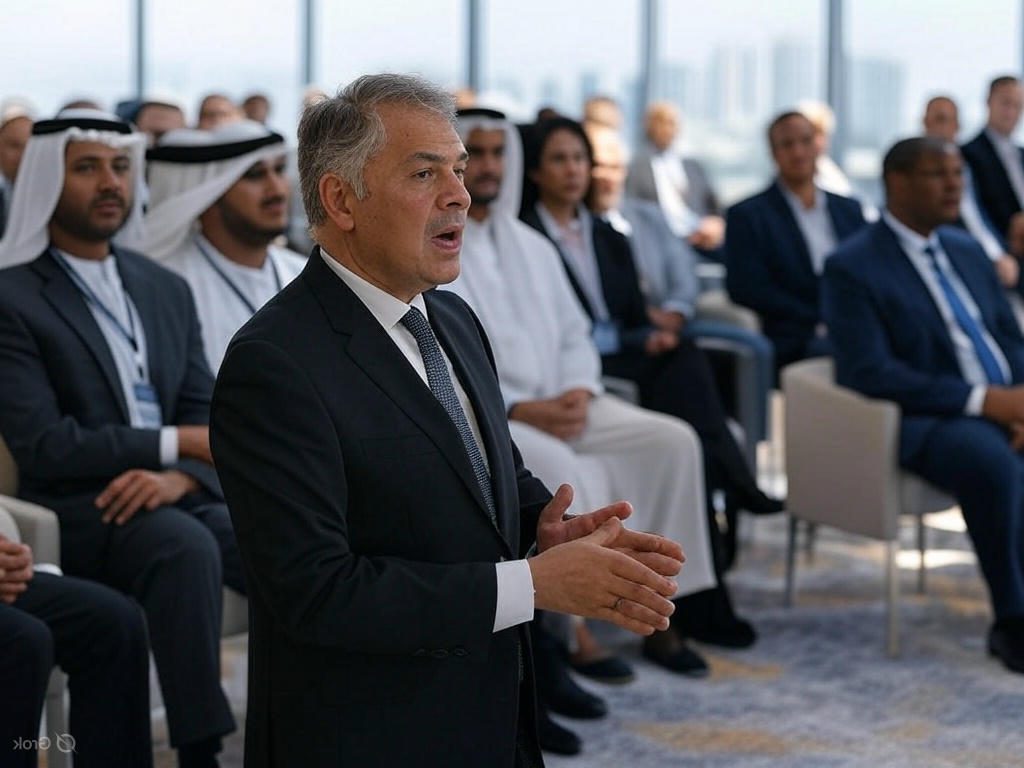Uzbekistan’s economy continued its strong performance in 2024, growing by an impressive 6.5%, according to the latest assessment by the International Monetary Fund (IMF). The country’s robust growth was fueled by strong domestic demand, increased remittances, high commodity prices, and a surge in non-gold exports.
The IMF’s Article IV consultation highlights that while inflation remains elevated, overall economic fundamentals are sound. The current account deficit narrowed significantly, international reserves remain ample, and the government has made progress in reducing its fiscal deficit.

Bank supervision should be enhanced, including by adopting international standards.
Solid Growth, But Challenges Ahead
Real GDP growth is expected to stay close to 6% in both 2025 and 2026. Private consumption, rising investment, and ongoing structural reforms are projected to keep the economy on track. However, the IMF warns that new global trade tensions, tight financial conditions, and the war in Ukraine could affect Uzbekistan through changes in external demand and commodity prices.
Headline inflation stood at 10.3% year-on-year in March 2025, largely due to necessary energy tariff hikes and administrative price adjustments. The IMF expects inflation to ease slightly to just over 8% by the end of 2025, helped by tight monetary policy and structural reforms.
Government Spending Under Control
The consolidated government deficit dropped to 3.2% of GDP in 2024, thanks to reduced energy subsidies and better-targeted social spending. The IMF welcomed the government’s continued commitment to fiscal discipline and called for further steps to improve tax collection and manage public debt sustainably.
A medium-term revenue strategy is needed, the IMF noted, to make up for a drop in tax revenues since 2020. Measures under consideration include tax reform, better oversight of large taxpayers, and efforts to tackle the shadow economy.
Inflation and Currency in Focus
The Central Bank of Uzbekistan (CBU) is expected to keep interest rates high until inflation falls closer to its 5% target. The IMF supports the central bank’s recent policy rate hike and recommends allowing the exchange rate more flexibility to better absorb economic shocks.
Efforts to modernize banking and reduce dollarization were also recognized, though the IMF stressed the need for continued reforms in liquidity management and stronger monetary policy transmission.
Reforms to Boost Financial Sector and Governance
The IMF urged faster privatization of state-owned banks and enterprises, warning that keeping systemic banks as “policy banks” could pose financial risks. Reforms should promote profitability, transparency, and efficient resource allocation, especially in light of growing household credit and risks from microlending.
In terms of governance, the IMF praised recent anti-corruption efforts, including new legislation on conflicts of interest and training for public officials. Still, it called for swift adoption of whistleblower protections and asset declaration laws to improve public sector integrity.
Sustainability and the Climate Agenda
Uzbekistan has made progress on energy reforms and trade liberalization, particularly in its World Trade Organization accession efforts. Going forward, the IMF recommended reforms to improve labor market participation, especially for women, and to better manage climate risks through improved water use, reforestation, and crop diversification.
Looking Ahead
Despite global headwinds, Uzbekistan’s outlook remains positive. The IMF emphasized that with continued fiscal discipline, monetary tightening, and acceleration of structural reforms, the country is well-positioned to navigate uncertainties and build a more inclusive and resilient economy.




